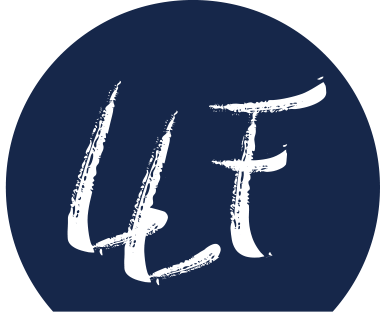Luxembourg strengthens its position in active ETFs to challenge rival Ireland
Luxembourg is advancing in the active ETF market, challenging Ireland’s dominance. With regulatory innovations and tax incentives, it’s attracting fund managers and investors alike. The CSSF now allows semi-transparent active UCITS ETFs, enhancing flexibility. The recent abolition of the subscription tax further strengthens its appeal. Could Luxembourg become Europe’s leading hub for active ETFs?

Luxembourg has been at the forefront of the Europe’s fund industry for decades and a leader in cross-border fund distribution across the globe. The country’s fund toolbox is varied and caters to the needs of both fund initiators and investors, with the undertakings for collective investment in transferable securities (UCITS) being the best-known and appreciated product by the stakeholders.
Luxembourg does not sit idle on its success though, and has pitched for a top spot in respect of active exchange traded funds (ETFs) (that often take the form a UCITS), a product that is growing in popularity as a versatile investment instrument (amassing over EUR 370bn by end 2024), appealing to both institutional and retail investors for its flexibility, liquidity, and cost efficiency – notably, due to the fact of ETFs being listed and admitted to trading on one or several stock exchanges (whether regulated markets or multilateral trading facilities)).
With the considerable evolution of ETFs, going from strictly passive investments that track a specific index, ETFs have entered the area of active management, with their managers now using active strategies to generate alpha and outperform their respective benchmarks.
In line with the described ETF evolution, Luxembourg is now seeking to become a European hub for active UCITS ETF. Notably, the Luxembourg financial regulator (Commission de Surveillance du Secteur Financier or CSSF) has been a frontrunner amongst EU regulators in allowing fund managers to run semi-transparent active UCITS ETFs (i.e. typically, active UCITS ETFs are required to publish their portfolio holdings on a daily basis, but the CSSF now allows those to be published at a lower frequency and/or with a time lag (but at least on a monthly basis with a maximum lag of one month) in order to protect their proprietary information (such as analytical research and personal judgement) and prevent other market participants from being able to replicate their investment strategy.
Abolition of the subscription tax in respect of the Luxembourg active UCITS ETFs in December 2024 by the Luxembourg parliament has as well been a major step in increasing Luxembourg competitiveness in the ETF industry where it rivals Ireland for the top spot as European active ETF market leader.






